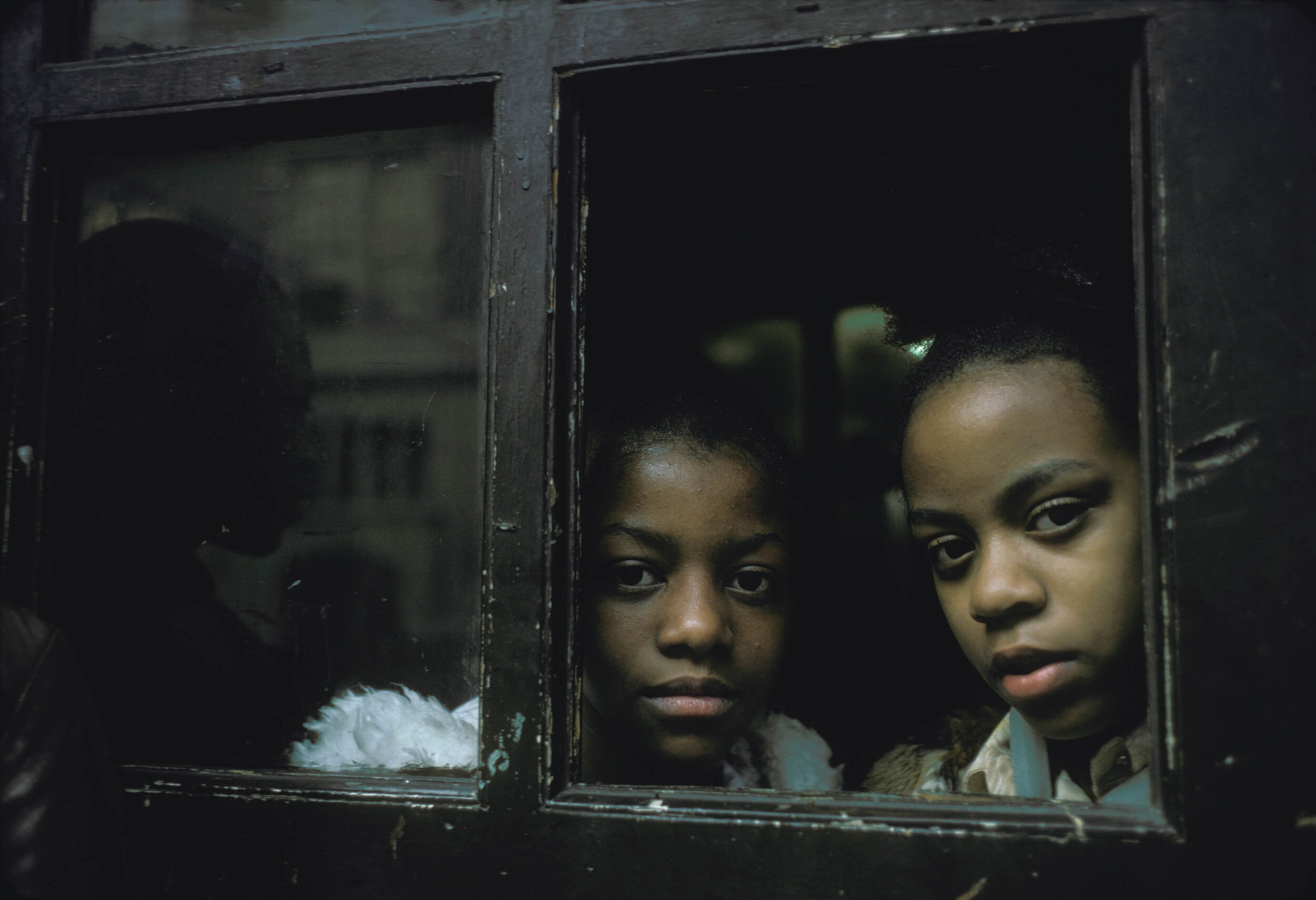Yolanda
by Liliana Merizalde from Bogotá, Colombia
My aunt was called Yolanda and in some of these photos she must have been more or less the age that I was when she died: 12 years old. I loved her very much but I feel that I didn't really knew her. I'm very aware of the deep and overwhelming love that she gave to my brother and me, also to my father and of course to my grandmother. I also remember: that her way of running was like mine, with her knees in and her feet out, that to resist the heavy illness that bedridden her for two years, she liked that I make her letters with drawings and that I spend time with her, that her favorite color was honey brown and her favorite material, corduroy. I never knew about her dreams, or about her deepest longings, her fears, so when I look at her photos I try to guess them in each of the looks she gave to the camera throughout her life. This process is part of that search to try to know more about her, to guess and imagine what she never told me.
Each new image that I build for this project brings me an empty feeling in the stomach and at the same time, brings me a relief. Presence and absence coexist, as well as the living and the deceased, the organic and the inert. It is as if with each image my aunt was born again but also she dies again. Presence and absence need each other and nourish each other. The more I try to understand my aunt, the more she slips away. And this is the game that ties me, the momentary illusion of materially answering some of those transcendental unanswerable questions.
Sometimes I would like to remember with my body, the sadness I felt when she died. Understand how it hurt me, what it felt, what I missed, who her absence made me be. Of course, at the same time I would like to continue shielded from all that pain, from that burden of feeling what one day is and then ceases to be. But these memory processes do not cease to amaze me, what we have to do to our psyche to move forward, the invisible places where we take love to be able to continue with it, without stopping us.
So I choose to become matter, archive, paper, earth, grain, flower, something detached and at the same time rooted, to enter the crack of time and touch that balance between the duality of this plane; and maybe for a second, just for a second, allow myself to think of everything, even death, as relative.
Mi tía se llamaba Yolanda y en algunas de estas fotos debía tener más o menos la edad que yo tenía cuando ella murió: 12 años. La quise muchísimo pero siento que la conocí poco. Tengo presente el amor profundo y desbordado que nos dio a mi hermano y a mí, también a mi padre y por supuesto a mi abuela. También tengo presente otras cosas: que su forma de correr era como la mía, con las rodillas hacia adentro y los pies hacia afuera, que para resistir a la pesada enfermedad que la postró dos años en cama se alimentaba de nuestras cartas con dibujos y del tiempo que pasábamos con ella, que su color favorito era el café miel y su material para vestirse la pana. Nunca supe cuales eran sus sueños, sus anhelos más profundos, sus miedos, por eso cuándo miro sus fotos trato de adivinarlos en cada una de las miradas que le regaló a la cámara. Este proceso hace parte de esa búsqueda por saber más de ella, por adivinar e imaginar lo que nunca me contó.
Cada nueva imagen que construyo para este proyecto, me trae una sensación de vacío en el estómago y al mismo tiempo, un alivio. Presencia y ausencia coexisten, así como lo hacen también “lo vivo” y “lo fallecido”, lo orgánico y lo inerte. Es como si con cada imagen mi tía naciera de nuevo pero también muriera de nuevo. La presencia y la ausencia se necesitan y se alimentan. Entre más trato de comprender a mi tía, más se escapa. Y es este juego el que me atrapa, la ilusión momentánea de responderme materialmente alguna de esas preguntas trascendentales irrespondibles.
A veces quisiera recordar desde el cuerpo la tristeza que sentí cuando ella murió. Entender cómo me dolió, qué se sentía, qué extrañaba, quién me hacía ser su ausencia. Claro que al mismo tiempo quisiera seguir blindada de todo ese dolor, de esa carga de sentir lo que un día está y luego deja de ser. Pero no me dejan de sorprender estos procesos de memoria, lo que de alguna manera le tenemos que hacer a nuestra psique para seguir adelante, los lugares invisibles a donde llevamos el amor para seguir con él sin que nos frene.
Escojo entonces volverme materia, archivo, papel, tierra, grano, flor, algo desprendido y a la vez enraizado, para entrar en la grieta del tiempo y tocar ese balance entre la dualidad de este plano; y tal vez por un segundo, solo por un segundo permitirme pensar todo, incluso la muerte, como algo relativo.













